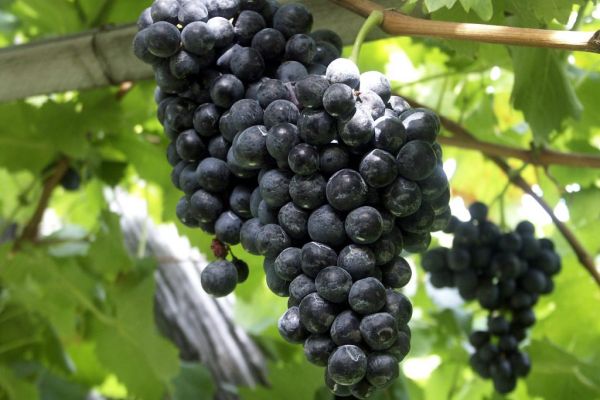Making beer just got a lot more expensive in Europe as downpours hit barley crops in France and Germany.
Heavy rain this year has shrunk barley crops, boosting costs for companies that use the grain to make malt, a key ingredient in beer. Maltsters paid as much as 11 percent more for barley earlier this month as farmers in France, the European Union’s biggest grower, gather the smallest crop in five years and the harvest in Germany declines by more than 9 percent.
"This is not just a French problem, it’s in Germany too," said Thomas Druivenga, chief executive officer of maltster Avangard Malz in Gelsenkirchen, Germany’s western Ruhr region. "Prices are entirely passed onto breweries. There is no other way, because maltsters have fairly small margins."
French output will slump 21 percent to 10.2 million metric tons in the season that started in July, the lowest since 2011-12, the French Agriculture Ministry estimates. German growers will bring in 8.8 million tons, according to agricultural cooperative association Deutscher Raiffeisenverband.
It’s not just supply of barley affected by the deluge in France and Germany.
Reduced Quality
The rains have also reduced quality, making it harder to find supplies good enough to make malt. Prices for malting barley for loading at the Moselle river in France rose to as high as 210.75 euros ($238) a metric ton on Aug. 2, from 190.50 euros at the season’s start, according to data provider Commodity3. Prices have since eased to 201.50 euros a ton Monday as harvesting of U.K. crops accelerated following initial delays.
"This year is a complicated year to get the qualities right," said Andries de Groen, a managing director at trader Evergrain Germany. "Luckily, we are coming out of a very good crop last year so people are carrying a lot of stocks from last year and that will smooth the transition to the new crop slightly."
It may take a while before brewers feel the pinch. Many fix prices for malt in long-term contracts, said Andreas Hegny, brewmaster at Berlin-based Brauhaus Lemke, a craft-beer maker that’s been selling beverages from pale ales to stouts since 1999.
Fixed Price
"I don’t see the effects of increased malt prices yet," Hegny said. "I have contracts with my traders, and a fixed price for the next years."
The lower quality of winter barley in many European countries means maltsters will need to rely more on spring produce, said Scott Casey, an analyst at Hamburg-based RMI Analytics GmbH. Malting companies usually depend on winter crops to keep malt prices down as they’re cheaper to grow.
"You are going to have a premium, definitely a premium, but I don’t think it will be the disaster people will tell you when they are from the industry," he said. "It’s going to be manageable."
News by Bloomberg, edited by ESM. To subscribe to ESM: The European Supermarket Magazine, click here.














